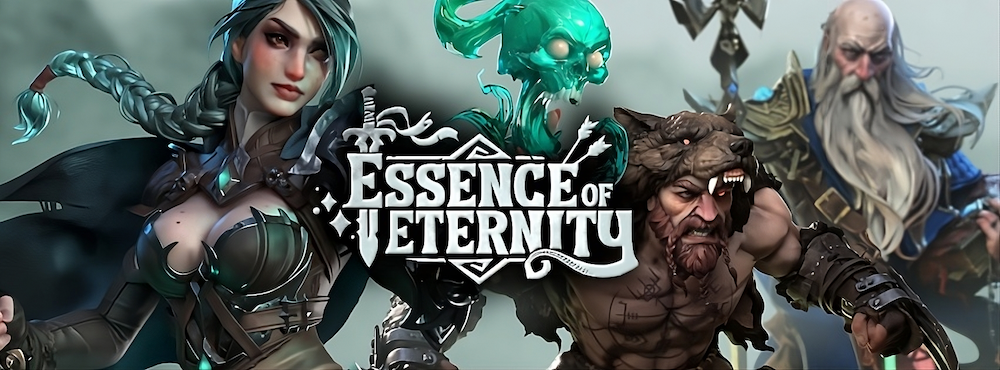
Let’s take an old game like, let’s say, Star Wars Epic Duels. We ditch the Star Wars characters and design some original, knightly characters with swords and bows and arrows and that sort of thing, use the same formulas for deck layouts (maybe with a few tweaks, of course), same board size, same movement die and same rules and call it a new game, like “Tournament of Arms” or something, and take it to the marketplace.
Can that be done? Is it legal? Is it ethical? Would it work?
I asked this question on Facebook of a game design group. The game I asked about actually was NOT Epic Duels. The game I asked about is a game from the 1990s that I’m not going to name in case I decide to pursue this idea I have, but Epic Duels is as good an example as anything.
In summary: It’s not illegal to clone or re-skin someone else’s game, and there are even people in the gaming community who are fine with it. However, it’s frowned upon by most and is considered a “dick move” according to many. If you want to do it, it’s probably best to contact the original publisher and get his or her agreement, which may involve formally licensing the game and of course, some money. Another option would be to make enough changes to the game to make it original.
Here’s the thread:







The board game industry is very different than most injuries: It’s social, it’s inclusive, it’s highly protective of its members, and it operates as much on unwritten rules as it does the actual law. If you’re a new game designer, like I am, people will willingly help you and share tips and secrets. While nothing may be stopping you from copying another game legally, as a social group, board game designers won’t let you get away with it.
If you were to re-skin Epic Duels or some other game without the publisher’s agreement, this is what would happen: It wouldn’t take gamers long to figure out that one game is essentially the other, and the publisher would find out soon after. Once word got started that someone ripped off someone else’s original game without giving any credit or anything else, that word would spread quickly. You’d hear about it on the big podcasts — and I do hear about this sort of thing brought up from time to time on the Board Games Insider podcast. Stephen Buonocore and Ignacy Trzewiczek will sometimes discuss how someone tried to steal an idea from someone else, and it sounds like it always ends in shame and a cancelled project for that person or company. I would expect that there probably are times when it’s been done without such drama, but it’s probably better to avoid it anyways.
The good news about this is, these same dynamics mean that you really don’t need a patent, copyright or trademark for your game. You won’t get a patent even if you apply, so don’t bother. You can copyright the rules if you really want, and if you did, I suppose nobody could steal them word for word, but what does that really protect your game? Trademarks are for brands and that sort of thing, like maybe you’d trademark you board game name if it got really big but if that’s your story, you don’t need my advice on this subject.
A concept I’ve long held to, and it applies to almost all things, is that ideas are a dime a dozen. There are plenty of game ideas out there, more than most of us have time to produce in our lives. I would love to bring back Epic Duels, but on the other hand, what’s wrong with it the way it is? We’ve already changed the things we don’t like about it to better fit what we want. We can and do re-skin it for fun, and since we re-skin using other licensed properties, it’s never something we’d do officially anyways. Re-skin games for your friends, but when it comes to publication for profit, better be original.

